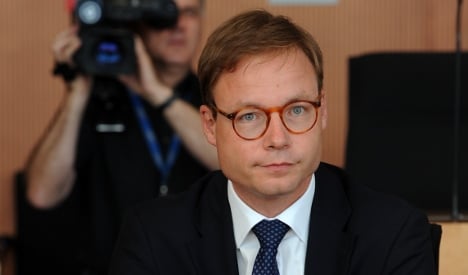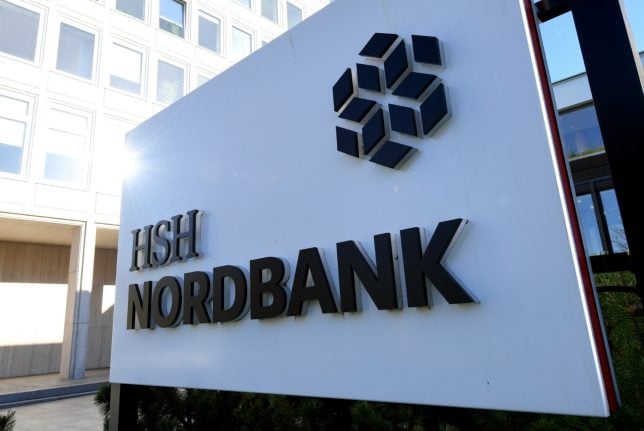Axel Wieandt, who took over as chairman of the real estate bank after it was saved from a Lehman Brothers-style collapse by the German government stepped down amid “differing views … regarding the management of the company,” a statement from the bank said.
He was at odds with the Financial Market Stabilisation Fund (Soffin), the government fund that was set up in the midst of the financial crisis and which has effectively owned the Hypo Real Estate (HRE) since the bailout. Then, teetering on the brink of collapse, HRE was rescued with a bailout package of €100 million, much of which came from the government.
The bank board said it regretted the departure of Wieandts, who had played a central role in stabilizing and providing fresh direction for the firm.
“Axel Wieandt took on the responsibility of CEO at the height of the crisis and has made a significant contribution to the stabilization and realignment of the Company,” said Bernd Thiemann, chairman of the bank’s supervisory board. “A course has been clearly set for the future. We wish Axel Wieandt all the very best.”
Wieandt will be succeeded by Chief Risk Officer Manuela Better “until further notice,” according to the statement.
The HRE board has relieved Wieandt of his duties with immediate effect.



 Please whitelist us to continue reading.
Please whitelist us to continue reading.
Member comments